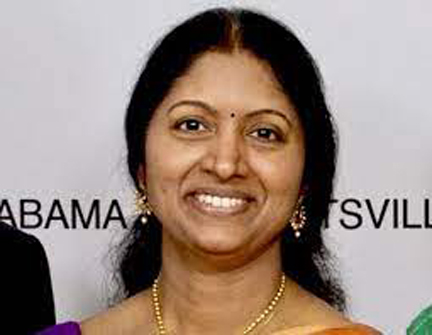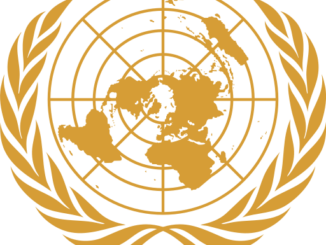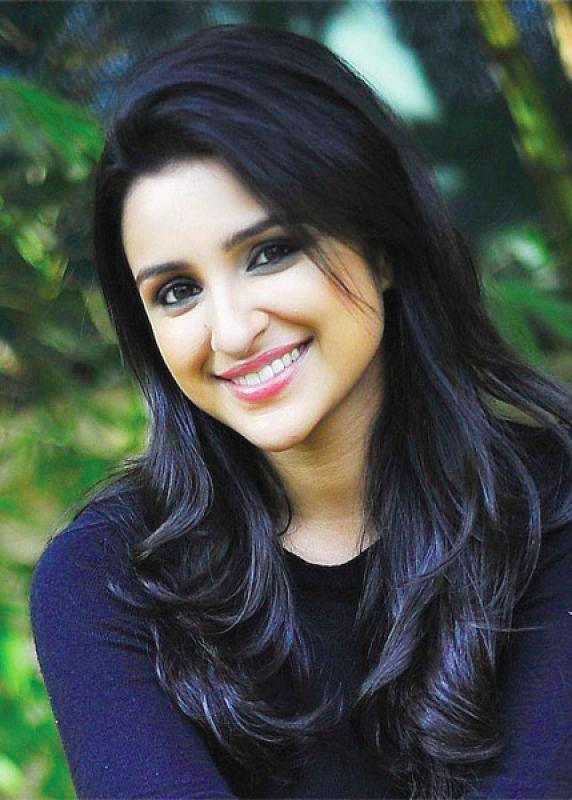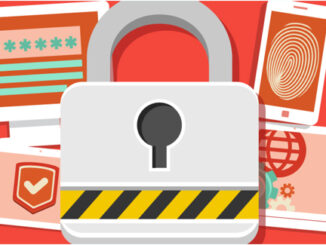
NEW YORK (TIP): Domestic violence is “a serious public health concern,” said Dr. Anupama Gotimukula, president of the Association of Physicians of Indian Origin (AAPI). Delivering welcome speech at a virtual conference on “Ways to Prevent Domestic Violence,” hosted by AAPI’s Women’s Committee on October 17, she pointed out that nearly “one in four women and one in seven men in the U.S. have experienced physical violence at the hands of their domestic partners.”
The AAPI president said the conference, which was addressed by a number of prominent speakers from the United States and India addressed the conference, was “aimed at helping” her organization’s members “and the larger society to learn on ways to help promote healthy, respectful and nonviolent relationships.”
“October is ‘Domestic Violence Awareness’ month,” said Dr. Seema Arora, chair of the Women’s Committee. “AAPI women’s physicians committee is trying to increase awareness towards this very prevalent but subdued age-old problem that can affect any gender, race, region & socio-economic strata in a panel discussion with renowned panelists from around the world,” she said.
Lata Rao, a domestic violence survivor and activist shared her experience referring briefly to her past life and its impact on her physical, emotional and mental wellbeing.
“I encourage women not to be what I went through” but to be more independent, Rao said. She told the audience how meeting with mentors and having a support system gradually changed her life, while forgiving and staying positive helped me start a new phase in her life. “Today, I use my experiences as a tool to support and educate other women,” she said.
Dr. Pretti Saran, another domestic violence survivor and currently practicing Family Medicine & Obesity Specialist at RNJ Barnabas Hospital, in New Jersey, also shared her experience and pointed out that domestic violence is prevalent in all parts of the world. “Coming from a very traditional society back in India, initially I thought it was happening to me because of my background,” she said.
Dr. Saran said she had suffered immensely from insecurity and complications of married life with intimidation and worry for her own life since she was married to a dominating person who was demanding yet suspicious and had trust issues. She was able to turn her life around, though, and has left a positive impact on society.
Another speaker, Deanne Mazzochi, spoke about her work as a state legislator and an attorney who works with women and families in Illinois to ensure that people who are victims of domestic violence are protected. She went over the many statutes and legal systems that victims in Illinois have access to. She said that one should “ensure that you have a safe place to live,” if and when you want to leave an unhealthy relationship.
Dr. Manju Sheth, an internist, practicing medicine at Beth Israel Lahey in Massachusetts, urged fellow physicians “to stay vigilant and collaborate” and look for signs and red flags to identify violence “as the patients can present with a multitude of unrelated symptoms that only compassionate questions can reveal clearly.” She requested her colleagues to be prepared to collaborate with medical and psychological professionals as “women are very reluctant to speak to you and we often notice PTSD, trauma, depression and anxiety.”
Dr. Sheth is the chair and advisory board member of SAHELI and a member of Asian Task Force Against Domestic Violence. Dr. Nandita Palshetkar, the president of Federation of OB/GYN Society of India and chair of GAPIO Women’s Forum, provided a worldwide perspective on how the pandemic has influenced the rise in domestic violence incidences. “Nearly one third of women across the world face Shadow Pandemic Domestic Violence,” she said. Palshetkar also serves
Jaya Nelliot, a board member and outreach director of the nonprofit ASHIANA, described domestic violence as a “pandemic”. “The best way is to create awareness and provide resources and help lead the victims of Domestic Violence to be strong and independent and safe,” she said.
ASHIANA has been assisting South Asians in the United States for the past 25 years in empowering domestic abuse survivors to attain self-sufficiency via a culturally sensitive approach.
Navneet Bhalla, executive director of Manavi, a nonprofit that campaigns against gender-based violence, spoke about how frequently abusers frame and wrongly accuse victims as criminals and threaten deportation, based on personal experiences.
“Manvai supports such victims and help them gain justice and needed services. We take a survivor-center approach to understand and to provide support them holistically,” she said.
Bhalla was introduced by Dr. Hetal Gor, a member of AAPI Women’s Committee.
(Press release)





Be the first to comment